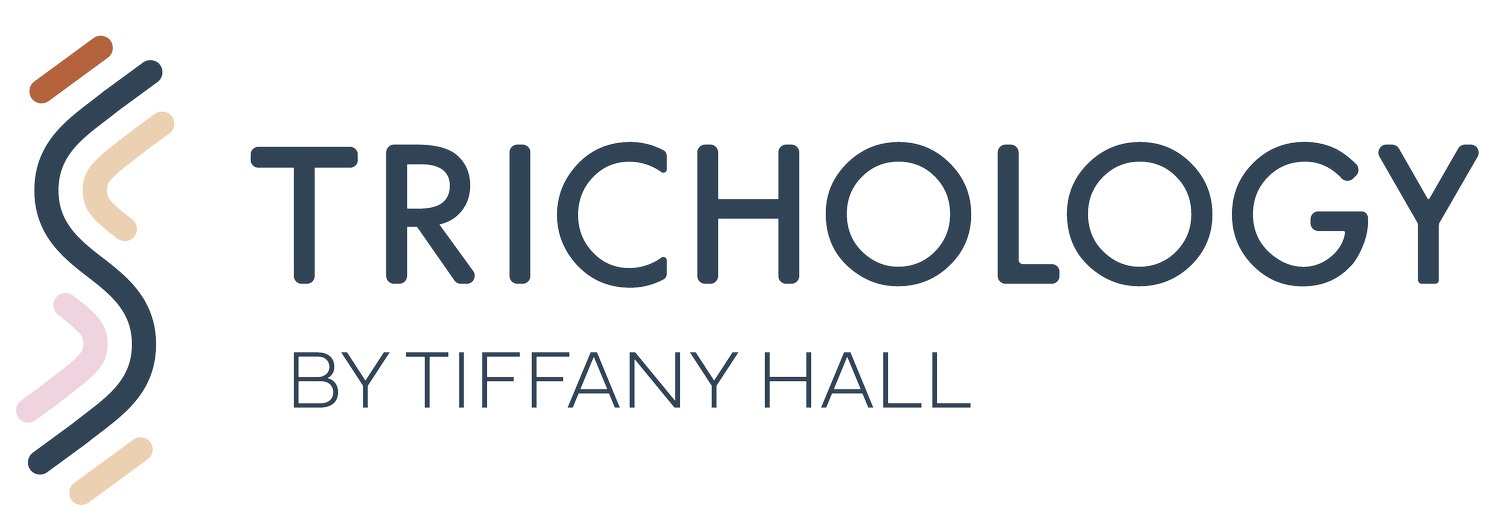Why a colourist makes a great trichologist
I’ve been a colourist for over 15 years and I love it. It’s fun, it’s creative, it’s busy, it’s sociable, and it definitely keeps you on your toes.
I love to work closely with my clients and never take for granted the trust they put in me when it comes to doing their hair. As a hairdresser, I know how important hair is - it’s the crown you wear every day. I’ve seen first- hand over the years the different forms of hair loss and how it has affected my clients personally.
So, after living and breathing colouring for years, I felt myself becoming more about the science behind hair and scalp health and wanting to offer more help and advice to my clients. Becoming a trichologist felt like the natural next step and starting my course has completely reignited my love and enthusiasm for working with hair. It was absolutely the right move for me and kickstarted an exciting new chapter in my career.
Trichology is emotional. It’s more than diagnosis and treatments. It involves supporting people having to deal with the emotional impacts of their hair and scalp problems.
As a colourist, I’ve always been very direct and honest with my clients. It's my job to manage their expectations about what is achievable when it comes to their hair. It doesn’t always go down well, but it always comes from a place of care and responsibility. Of course, I want them to love their results but I will never do anything that could compromise the health of their hair and scalp. It's all about creating a personalised service based on the individual in the chair. When you pay to get your hair done, you’re not just paying for those end results. A good colourist will explain the reasons behind the way they colour your hair, the products they use etc. With my trichology knowledge, I can go deeper and offer even greater value to my clients.
On a personal level, I started having facials at the age of 19. As much as I loved the physical benefits of a facial, those regular appointments meant I learnt the ins and outs of skincare and how best to take care of my own skin day-to-day.
This is what I can now provide for my clients. I love to pass on my knowledge of overall health and well-being and find holistic ways to treat hair loss and scalp disorders.
In my course so far, I’ve gone into depth on the anatomy and physiology of the body, and how this holistic health contributes to our hair and scalp health. This allows me to zoom out on all the factors that could be feeding into your hair issues (these could be nutritional, genetic, environmental etc.), before zooming in on specific treatments.
I’m very excited to share more of my new knowledge, exciting learnings from my course, practical tips, and how I will work with my trichology patients over the coming months.
Thanks for reading,
Tiff x

